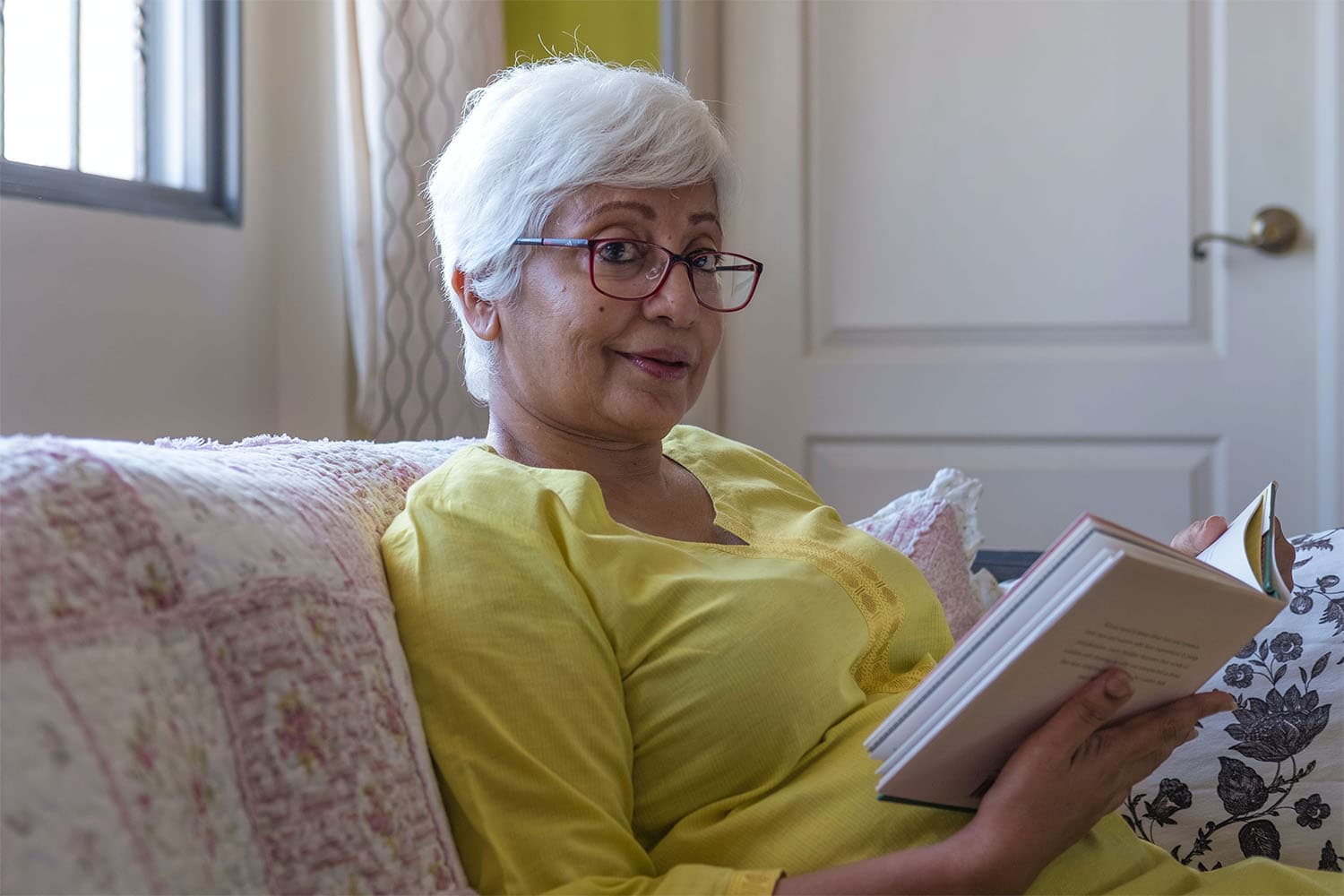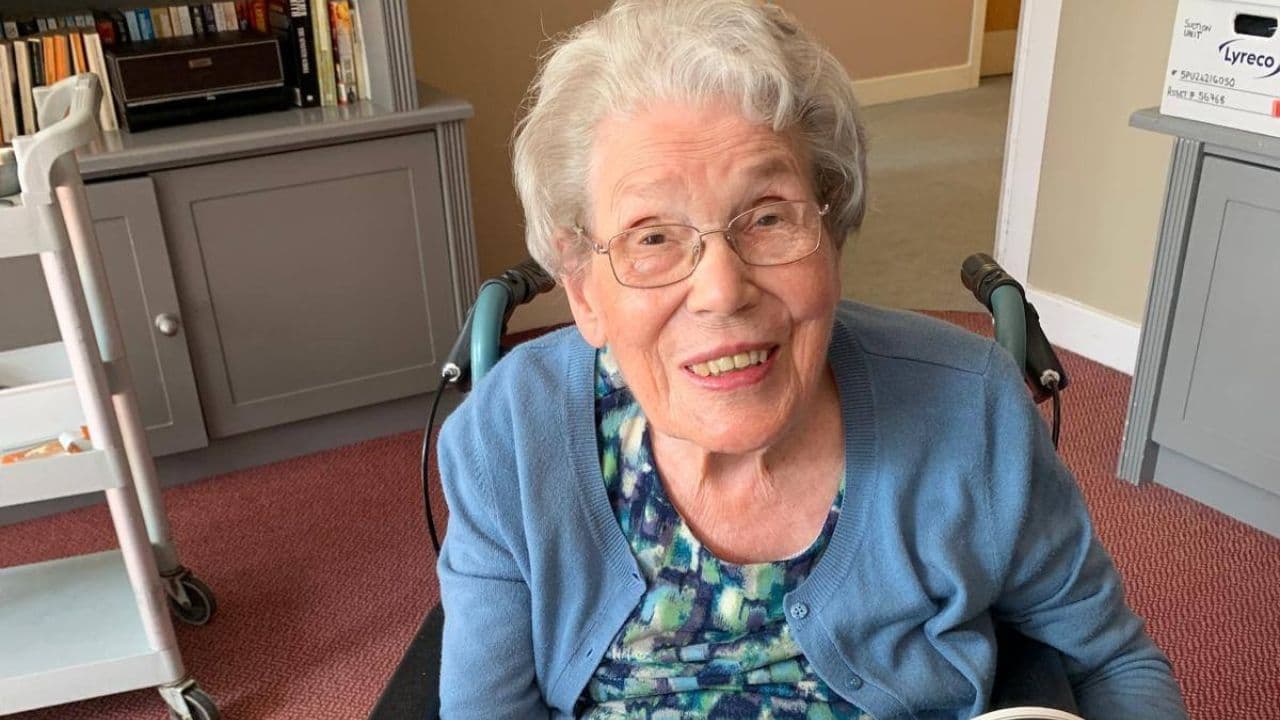How Much Do Care Homes Cost?

Across the United Kingdom, there are various types of care homes, each with its own fee structure. The cost of care in the UK is among the highest in Europe, raising concerns for families and individuals looking into care options. Many people are uncertain about how much care homes cost and the financial support available to help cover these expenses.
In this guide, we’ll explore care home costs in Aberdeen and the UK, breaking down the average fees for different types of care homes. We'll also highlight the financial support options that may be available to you.

Average Care Home Costs in the UK
The cost of care homes varies depending on several factors, such as the type of care provided, the location, and the facilities available. However, if specialised care is required, such as nursing or dementia care, these costs will be higher.
Care homes in central locations like Aberdeen, Edinburgh, and Glasgow typically charge more than those in rural areas. It’s important to compare different care homes to understand what’s included in their fees and find the best fit for your needs.
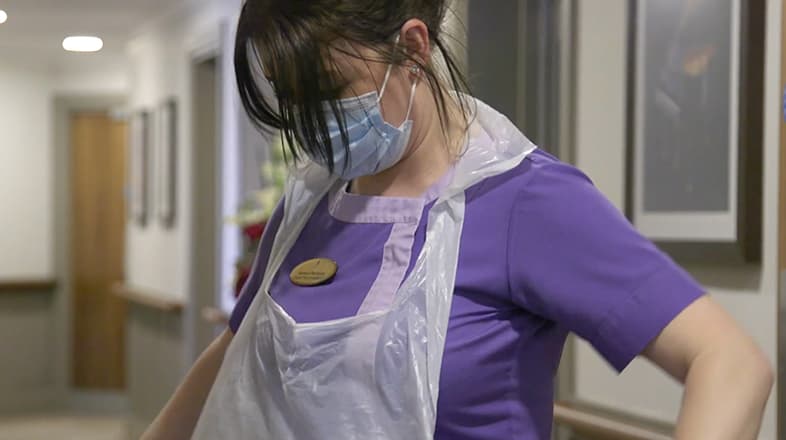

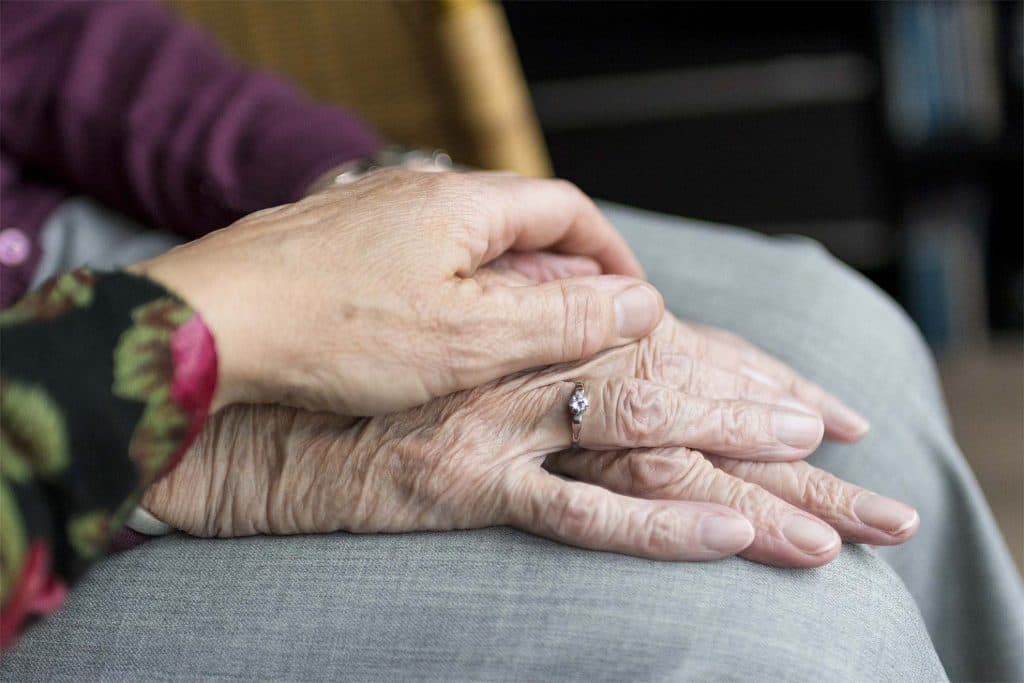
Residential Care Costs
In a residential care home, the expenses will include a person's accommodation, meals and personal care services. Residential care is suitable for individuals who can largely live independently but need some extra assistance with daily activities like bathing, eating or dressing and who are looking for an easy and sociable lifestyle.
Dementia Care Costs
Care homes offering specialist dementia care will charge a higher fee in comparison to residential care. Those living with dementia require a higher level of care and support and so can justify these higher costs. A dementia care team receives regular dementia training to keep up to date with the latest research, technology and practices. A dementia care team will also provide residents with specific dementia-friendly activities and therapies to help minimise the complex symptoms associated with the condition.
Nursing Care Costs
Nursing care is normally the most expensive form of care, this is because it involves medical services provided by Registered Nurses. The expenses cover the essentials such as accommodation, medication management, meals and support services. Typically, residents in nursing homes need around-the-clock care and have a higher dependency on nurses, which contributes to the increased cost of this care.
Respite Care Costs
Respite care is generally offered for a short duration and is commonly intended for individuals recovering from an illness or surgery, with the plan to return to their own home afterwards. It is also a suitable option when a caregiver requires a break from their full-time care duties. To determine the most suitable type of care for each individual, the care home management conducts a needs assessment and the cost of the respite care will be adjusted accordingly.
What is Included In Care Fees?
While the costs vary, most care home fees cover:
- Accommodation and utilities
- Meals and dietary support
- Personal care and hygiene assistance
- Social activities and entertainment
- Housekeeping and laundry services
However, additional charges may apply for services like hairdressing, private therapies, and premium room options. It’s important to clarify what’s included when comparing care homes.
All-Inclusive Care Homes in Aberdeen
All-inclusive care homes are becoming increasingly popular, offering a flat fee that covers a wide range of services. Although the upfront cost may seem higher, the convenience of not facing unexpected expenses makes this an appealing option for many families.
With an all-inclusive plan, the cost includes personal care, accommodation, energy bills, meals, and access to all facilities and activities. This provides peace of mind, especially during times of financial uncertainty.
The assurance of not having to worry about unexpected expenses can be comforting, particularly with the current cost of living crisis. With an all-inclusive approach, you pay a single fee that covers your personal care costs, accommodation, energy bills, support and access to various facilities while you reside in your new home.
It's important to note that each care home offers different tailored services to the residents, so conducting research on a number of care homes is important. Finding the best fit is essential, as you may come across homes that may not be suitable for you or your loved one. Taking the time to explore and compare options will help ensure a well-suited choice.
How to Pay For Care Home Costs
In care homes, individuals are typically expected to cover their own care fees or their loved ones will help with the funding. However, some individuals may face situations where they are unable to afford the care costs. In such cases, they might be eligible for financial support from their local authority or through the NHS, which is known as "Complex Clinical Care".
To determine the appropriate care funding options, a financial assessment is conducted, taking into account an individual's savings and assets.
If you are unsure whether you or your loved ones can afford the care fees or need additional support, a financial advisor can provide guidance and clarity on the matter. Seeking advice from a financial expert can help you understand the available options and make informed decisions regarding future care costs.

Getting Help Towards the Costs of Your Care Home Fees
To qualify for local authority funding, individuals will have to have a financial assessment of their current assets and income, this is known as a means test. If your local authority believes you are eligible and you meet the threshold, they will contribute to your cost of care.
Individuals who have complex health needs may qualify for Complex Clinical Care funding. To determine eligibility for this funding, an assessment is required before proceeding with the application.
If you do not qualify for Complex Clinical Care or local authority support based on your personal circumstances, there is one last option and that's to apply for a deferred payment agreement. This means that the local authorities will offer a loan to cover the cost of care. Normally a home will have to be sold to repay these costs.
It's important to note that financial assistance is not always guaranteed and some care homes may not accept funding support. Before visiting your preferred care homes, it is essential to enquire about their policy on accepting financial support.
Local Authority Funding
Local authority funding refers to financial aid provided by a local council to support individuals who are unable to pay for their care home or nursing home fees. To be eligible for this funding, a means test is conducted, which involves a financial assessment of an individual's financial situation which includes income, assets and savings.
While funding from the local authority generally pays towards essential care home services like accommodation, meals, care and support, it may not extend to cover additional services or amenities. Personal items, social activities and additional medical treatments may need to be covered by the individuals themselves. However, in some cases, a top-up fee is required. This is when the local authority funding budget is less than the cost of the care home chosen, so an individual or family member is expected to cover the rest.
Complex Clinical Care Support
Complex Clinical Care refers to the NHS covering the costs of care for residents who have significant health needs linked to a long-term illness or health condition.
To determine eligibility for this type of care fee coverage, an official assessment will be conducted by a team of medical professionals. This assessment will thoroughly examine an individual's circumstances and capacity, looking at a person's care needs to assess if they are complex, unpredictable or intense. This will also entail a means test, where an individual will contribute towards the cost of accommodation if their pension, assets or savings are above a certain threshold. They will not need to contribute towards their personal care or medical care.
Selfing Funding Your Own Care Home Fees
Being a self-funder means you won't require any financial support from the NHS or local authority. This means that you or your loved ones will be fully responsible for covering the cost of care as well as any additional services needed. Self-funding may be a suitable option for individuals with sufficient savings or assets to cover care expenses or for those who do not meet the eligibility criteria for government-funded support due to exceeding the threshold.
Care home fees can vary based on several factors, including the size of the home, its location, the level of care provided and the amenities that are offered. Moving into a care home is a significant financial commitment and requires careful consideration before reaching a final decision to ensure that all costs are properly accounted for.
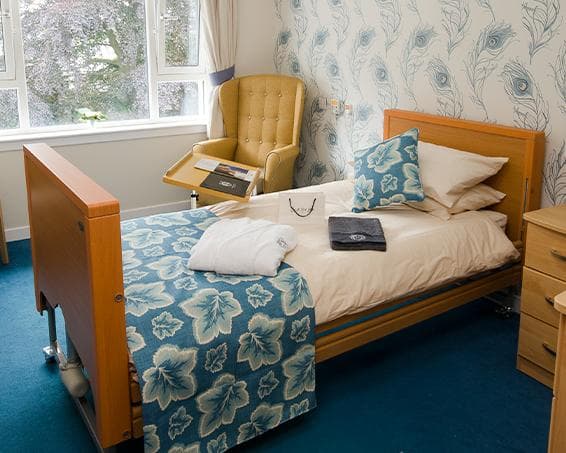
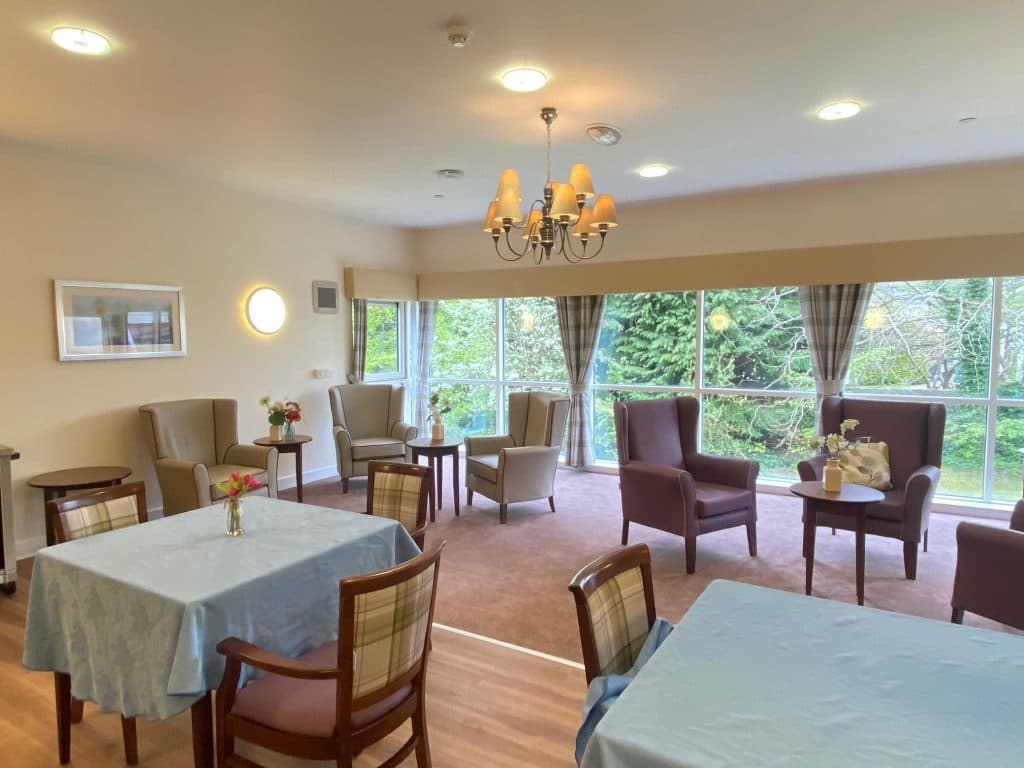
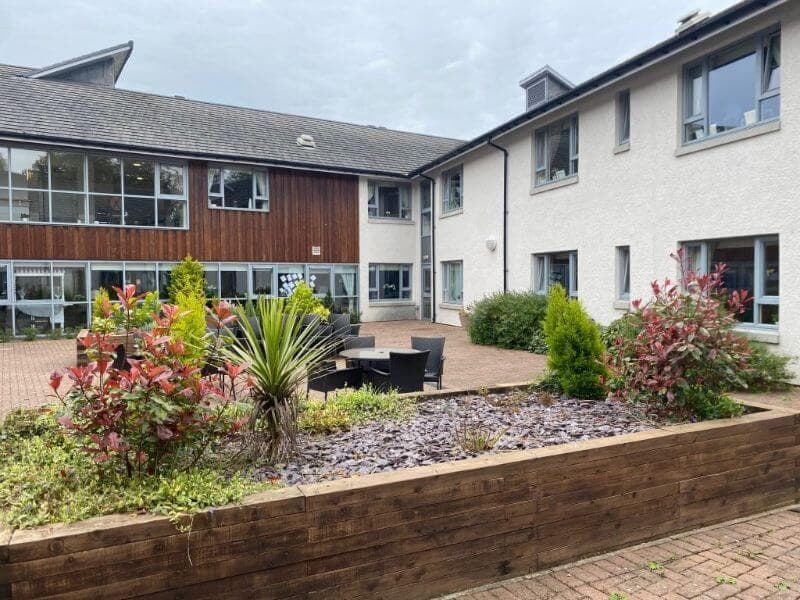
About Our Home In Aberdeen
Rubislaw Park Care Home is a care home in Aberdeen that offers up to 86 residents person-centred care in a luxury setting. Our home provides residents with exceptional standards of specialised care. We take great pride in offering high-quality care services, including Nursing Care, Dementia Care, Residential Care, Respite Care and Palliative Care, alongside the opportunity to indulge in a five-star way of life.
Nestled in the sought-after location of the West End of Aberdeen, Rubislaw Park Care Home is a well-established care facility managed by a dedicated and experienced team. Our home is set within two acres of serene surroundings, with beautifully furnished rooms that help to create a warm and homely atmosphere. We build relationships with each resident to understand their preferences, interests and aspirations, while continually prioritising their personalised care and support needs.
Speak to one of the Dedicated Team Members Today
If you would like to speak to one of our team about our care home in Aberdeen, give us a call on 01224 810 030, send an email to info@rubislawpark.com or, fill out our contact form to speak to a friendly member of the team.
